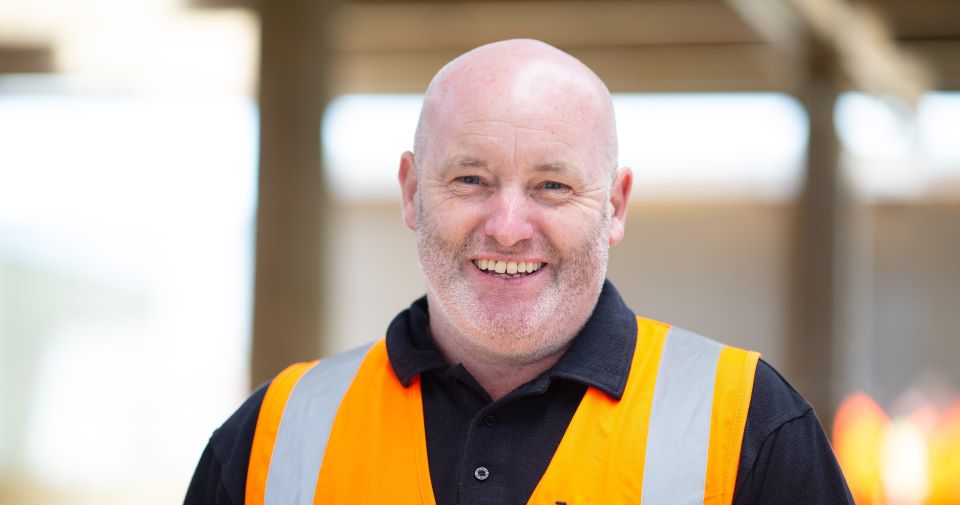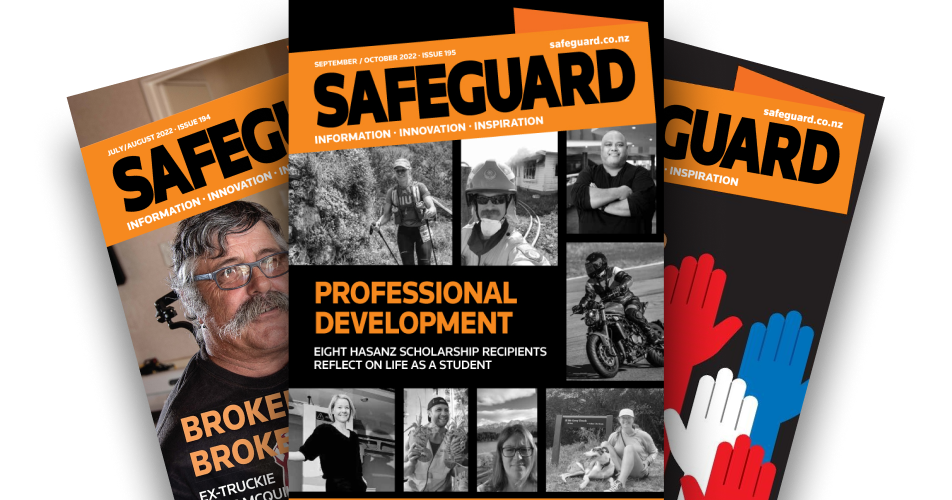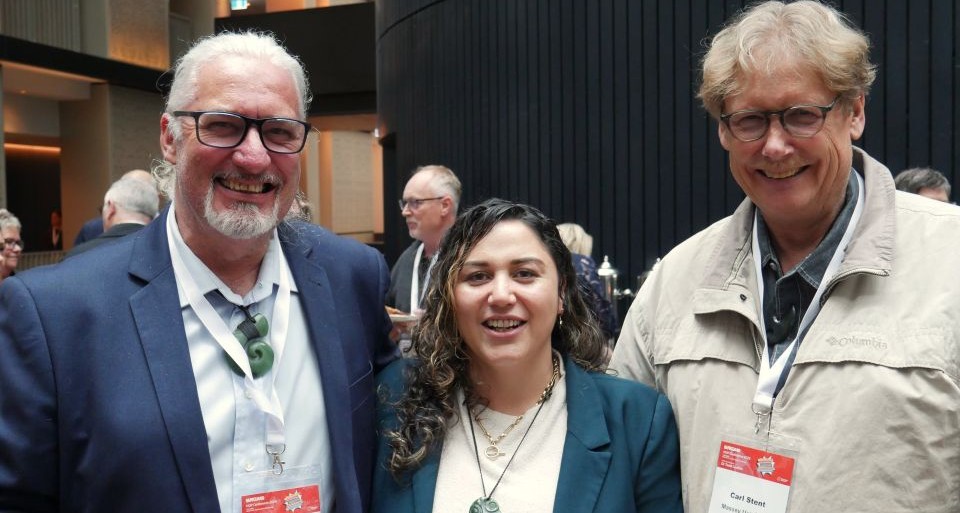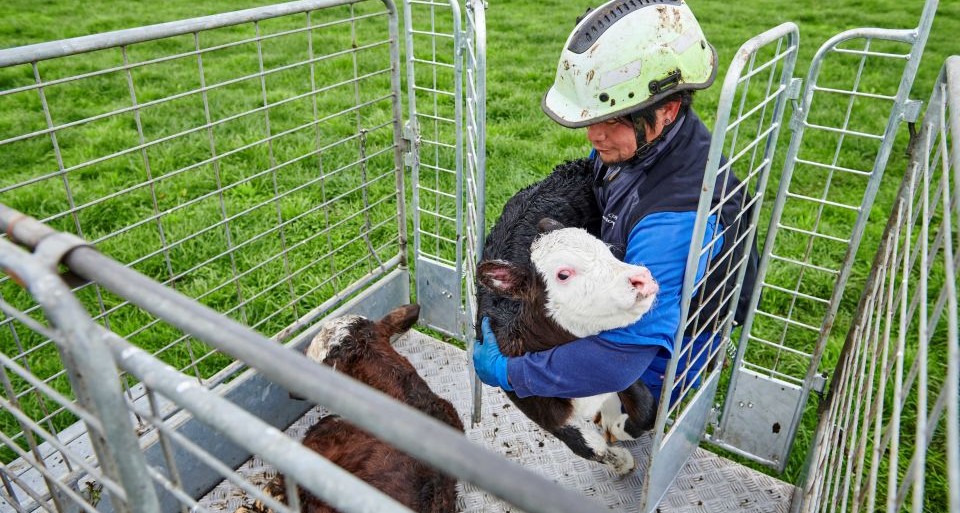I never thought I’d ever get sick of milking cows. It was my passion and I loved it. I’d been a real hands-on farmer for 20 years. I wanted to become a herd owning sharemilker, I believed in that and I had achieved it.
One day I was working with lame cows, my back was sore and I was bent over looking at their feet. In that moment it all came crashing down and I felt like I had hit rock bottom. I was sick of it.
I remember phoning a friend and saying “What am I doing? I think I’ve had enough of this”. I didn’t even want to look at a cow. At that point, I really hated it. I just couldn’t do it any more.
Looking back, I’ve always been pretty driven. As a boy I did paper runs. I liked the achievement of starting and finishing and I liked the clock and getting marked every day. Milk production is a great marker every day. The problem is we only peak once during calving season and then it’s a downward trend with milk numbers going down each day. I thought if I could double production of milk solids why not put yourself out there? Push yourself as far as you can and do it.
I went into dairy farming when I was 16. I never wanted to be a farm owner. My goal was to be a 50:50 sharemilker. You’re building a business. I was working too many hours – over 110 hours a fortnight constantly. I felt I needed to be on the farm all the time, doing everything, even though I had staff who could do it.
No days off
It becomes a nasty habit and you go to work every single day. I’d trick myself sometimes thinking I would just go to work for two or three hours and then have the rest of the day off.
Now, I know you need to have full days off. You need that disconnection. Most importantly, you have to find some way every 365 days to get two solid weeks off.
But I wasn’t doing that. I wasn’t having days off. I just kept on working. You become disconnected from your family. You get no enjoyment out of life.
I asked my wife how much of the parenting I was doing at the time. I thought it was 30 to 35 percent. She said it was probably five percent. I had young children and I hardly ever saw them.
I don’t feel I took risks, but looking back I was probably driving tractors and mowing stuff that I shouldn’t have been mowing. Your mind isn’t thinking correctly so you’re probably taking risks you don’t even know you are taking.
I couldn’t concentrate. I know I wasn’t making decisions clearly. How I dealt with stress was probably very emotional, but at the time I had no filter and no ability to self-reflect.
One of the things I did have was a strong community where I lived. Playing tennis was one thing that helped me keep going. The tennis community was hugely supportive and tennis gave me time to stop thinking about the job. But the work side of things kept getting on top of me.
Deciding to get out
That day when I rang my friend and told him I felt I was working too much and it wasn’t helping me, he agreed. He didn’t try to talk me out of it. He just said, yeah, you do and I can’t see why you don’t get out of it.
I made the decision quickly – probably too quickly – that I wanted to get out. Getting out of a business is a big process, especially where you have animals and machinery to sell and staff to worry about. But within seven or eight months, I was out of dairy farming.
Looking back, I should have had a two-week holiday, or even a month-long holiday. Potentially that might have helped me carry on. Or I might have come back and been just as over it, but then that would have been the time to get out.
There’s a lesson there: Don’t make a decision when you’re extremely tired and not thinking clearly.
Seeking support
My wife was supportive and educated in this kind of thing and she helped me. She could see how I had become broken so she was happy for us to try something else.
I didn’t get professional support. I never really reached out. I didn’t understand what support was available from the likes of the Rural Support Trust. Now, I would say to anyone get some professional support – let someone else help you who deals with this all the time. You use an accountant, farm consultant or vet because you want their expertise. Use a professional to help you with understanding your mental wellbeing and where you are at.
Use a health and safety expert if you want to improve on health and safety. We don’t all have to know how to fix everything. But there is someone there who will help you fit it.
Tracking hours worked
Today I work for Pāmu Farms as a senior business manager, managing eight farms.
Pāmu Farms is so supportive about improving our people’s mental health. One of our proactive initiatives is running mental health awareness. Everyone on our farms is trained – our farm managers and all farm staff. We train with Red Cross and do mental health awareness designed for the agriculture sector. We also have reactive confidential support like EAP or rural support if we need it.
We closely monitor hours worked to understand fatigue and have discussions to help everyone understand how important it is to eat correctly, to get sleep and to have days off.
As a farming company we understand there are often factors that contributes to accidents occurring. They often happen before your days off, or at the end of the day, or before you go away and eat something, so fuelling yourself correctly and nutritionally is so important. That’s what we talk about.
We get over-hour reports every fortnight and if we see someone is doing more than planned hours per fortnight, we have a chat about solutions and how we can prevent that happening any more – something that never happened for me before coming to work for Pāmu.
Rushing to judge
Some people still love to judge you about mental health, however we all have mental health, some is good and some is not so good, it’s just recognising when it’s not good and taking action to improve it.
Mine is a whole lot better than it used to be. I have plenty of friends who are in their early fifties and many of them are accepting of mental health challenges and have some open conversations about it. But it is still a challenge, and we are still losing people to suicide, which is pretty damn sad.
For a while, I wanted to prove I could push myself extremely hard and that I have better skills to deal with it all. I completed an EMBA from Massey University earlier this year, while working full time. But nowadays I know the value of taking time out, of talking to people and reaching out if you need help. It’s OK to talk to people. And it’s OK, when you see someone you think might be struggling, to ask difficult questions to make sure they’re OK.




